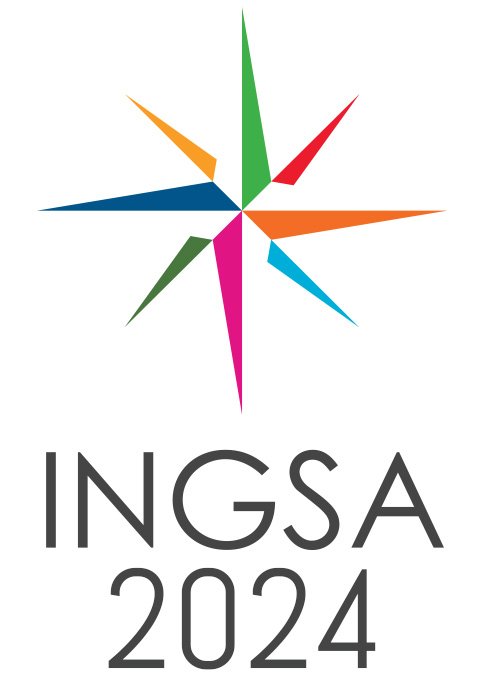Is science advice enough? Science advice is developed and conveyed in administrative systems that still tend to silo policy-making sectors even while trying to tackle the most complex and interacting challenges. Sectoral priorities (and their champions) compete for attention and resources, and addressing one issue may undermine others. At the same time, national research and innovation systems are increasingly expected to direct new knowledge and technology at societal challenges, but may not be appropriately structured to do so. And even when knowledge and policy communities do connect, their respective logics and ways of working often clash, particularly as policy-making must consider many other kinds of knowledge and interests that are relevant to decisions.
As the nature of both knowledge creation and policy-making evolve to respond to increasingly complex policy challenges, important questions emerge: Can research and innovation systems produce necessarily transdisciplinary knowledge and advice? And if they can, where and how should advice on multi-sectoral or cascading policy challenges be aimed? Can we be more deliberate and innovative about connecting and enabling knowledge creation and policy-making to address complex issues in more systemic ways? How can/should knowledge and policy communities work together to accommodate public values in advisory work?
This session will build off of the work of the European Commission which is co-creating national ‘roadmaps’ between national STI and public policy systems to better address sustainable development and societal transformation. Through concrete examples, it will also bring into the conversation real-world lessons in politics and policy-making. Panelists will shed light on the need and the potential for institutional (and administrative) innovations that support evidence-informed policy-making while recognizing the role of diverse knowledge and values in complex issues.
Panelists:
Laurent Bochereau: Science Counsellor to the African Union, European Commission – Ethiopia
Geoff Mulgan: Professor of Collective Intelligence, Social Innovation and Public Policy, University College London – UK
Louis Sibomana: Head of the Science, Technology Development and Outreach, National Council of Science and Technology - Rwanda
Liliana Pasecinic: Deputy Head of Unit, Joint Research Centre – Belgium
Jackie Kado: Executive Director, Network of African Science Academies (NASAC) – Kenya
Remya Haridasan: Scientist, Office of the Principal Scientific Adviser to the Government of India

